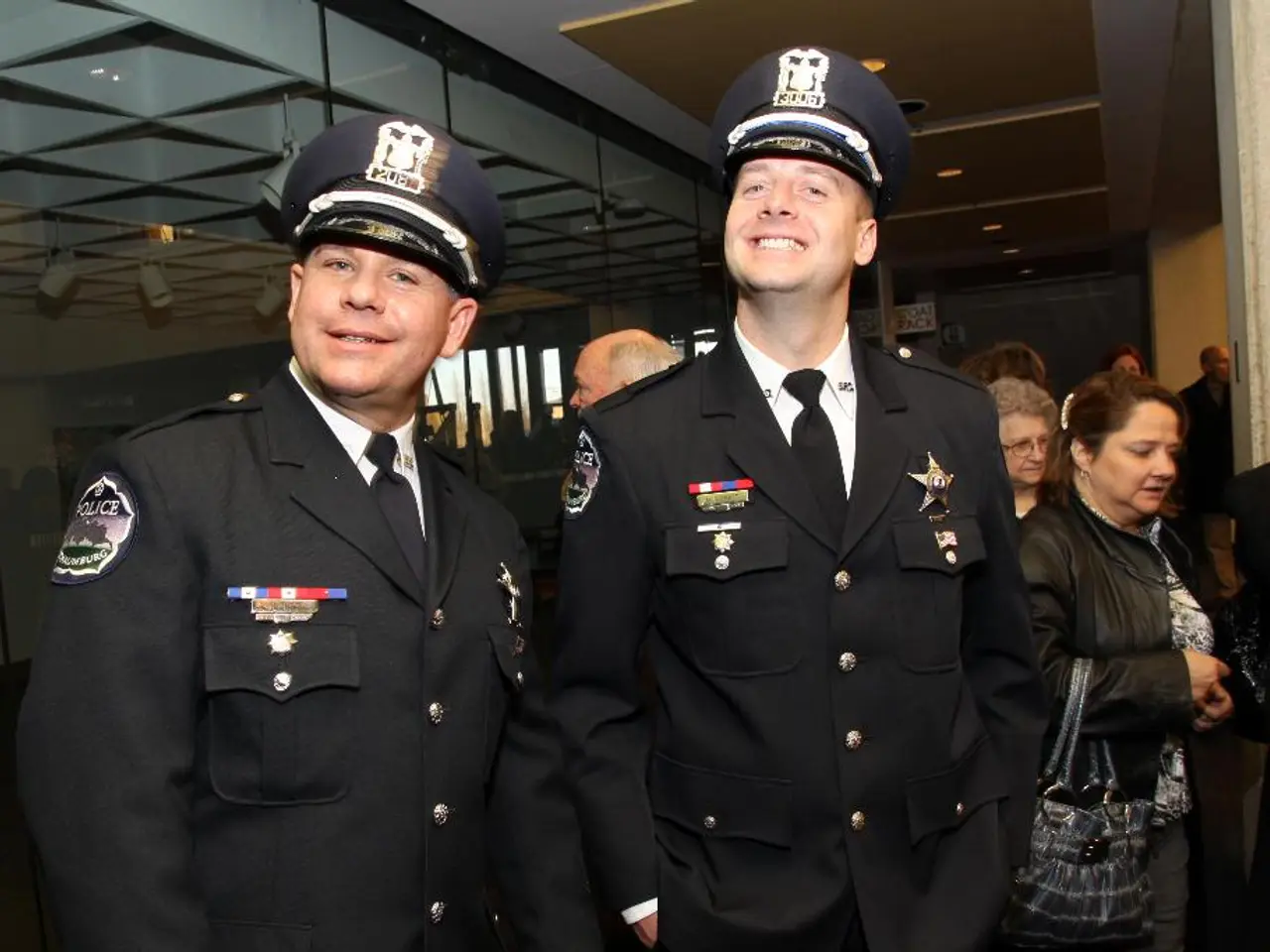Guide for Gotham's Incoming Mayor on Law Enforcement Matters
The upcoming New York City mayoral election is shaping up to be a significant event, with the next mayor's public safety legacy potentially hinging on reducing crime and addressing quality-of-life issues. The city has seen meaningful progress on public safety, particularly regarding homicides and shootings, but public drug use, flagrant prostitution, and seriously mentally ill vagrants remain visible throughout the city.
The NYPD, with about 33,000 uniformed personnel, is significantly understaffed compared to its size at the turn of the century. This shortage has led to the department handling more work with fewer officers, resulting in a stretched department. The city's crime wave ended only recently, after 2023, and many city residents view the new peace as fragile.
The mayoral candidates have varying approaches to addressing these issues. Some may propose reducing the NYPD's responsibilities to address staffing issues, but this approach is considered problematic due to potential communication of hostility and a lack of viable alternatives for handling certain responsibilities, such as traffic enforcement and EDP (Emotionally Disturbed Persons) calls.
Currently, the leading candidates for the next New York City mayor are Zohran Mamdani, a left-wing democratic socialist, and Andrew Cuomo, a Democrat seeking Trump’s support. The incumbent mayor, Eric Adams, is not running in the Democratic primary but seeks re-election on independent lines with a focus on safe and affordable policies. Eric Adams has closely cooperated with Trump’s administration on immigration and law enforcement, suggesting a focus on policing, but there is no clear public announcement from any candidate explicitly stating that the NYPD is their foremost priority for enhancing public safety or elaborating specific NYPD-centered strategies for the upcoming term.
The current NYPD Commissioner, Jessica Tisch, is considered a capable leader with a data-driven crime-fighting vision. Her most significant achievement is supporting rank-and-file officers by pushing back on misguided criminal-justice reforms. However, the NYPD needs to cultivate high officer morale to reach its full potential. Surveys of cops consistently show that officers want to serve their communities by fighting crime, and having the mayor on their side enhances morale.
One approach to improving officer morale and public safety is signalling support for an aggressive crime-fighting posture. This could involve implementing strategies like the Broken Windows policing theory, which suggests that the perception of safety in public spaces is driven by the orderliness of those spaces, and enforcing public order offenses gives officers the probable cause they need to initiate interactions that often reveal more significant criminal conduct.
Another approach is to explore alternative models for handling certain responsibilities, such as the mental-health-responder model like Eugene, Oregon's CAHOOTS program. However, the city of New York does not have enough qualified mental-health professionals willing to work on a 24/7 on-call basis for such a model. Dispatchers often find it difficult to identify which calls require a police response, making the mental-health-responder model less scalable.
The next mayor will face significant challenges in maintaining and improving public safety. The city must find ways to support the NYPD, address quality-of-life issues, and ensure the well-being of all residents. The mayoral election in New York City is approaching, and the choices made by the next mayor will have a lasting impact on the city's safety and well-being.
Read also:
- Lu Shiow-yen's Challenging Position as Chair of the Chinese Nationalist Party (KMT) Under Scrutiny in Donovan's Analysis
- Travel enthusiasts are securing their winter vacation plans as summer draws to a close
- Palmer engages in a dispute with AfD.
- Eric Adams reportedly considering abandoning his mayoral campaign for a Trump administration position








